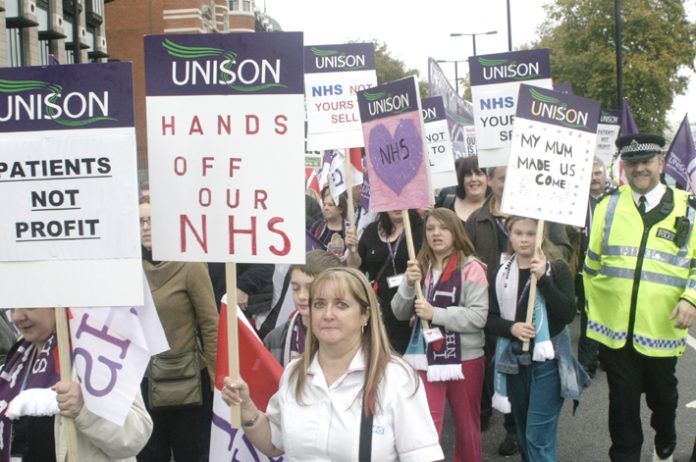England should follow the example of Wales, Northern Ireland and Scotland, and abolish all prescription charges, the British Medical Association (BMA) said today.
The Department of Health is currently reviewing the list of long-term conditions that are exempt from prescription charges.
In its submission to the review, the BMA says that extending exemptions without a fundamental overhaul of the whole system will simply ‘create a new set of arbitrary “winners” and “losers”.’
The BMA believes that the current system is ‘outdated, iniquitous, and detrimental to the health of many patients’.
It questions the value of expanding the list of exemptions, given the complexities involved, and the fact that only eleven per cent of prescriptions currently attract a charge – a figure which will soon drop further with the abolition of charges for cancer patients.
Dr Hamish Meldrum, Chairman of Council at the BMA, says: ‘Free prescriptions for people with long-term conditions is a laudable aim, but it does not go far enough.
‘The system we have at the moment isn’t working, and is unfair on many patients.
‘Making the list of exemptions longer will not make it fairer.
‘Ultimately, we could end up with a situation where only a tiny proportion of prescriptions attract a charge, which would be nonsensical.
‘Abolishing prescription charges altogether is the fairest and the simplest option.’
The BMA’s submission highlights the unfair nature of the current system.
For example, people with asthma and heart disease, who may require medication over a prolonged period, are not exempt.
People whose incomes are low, but are just above the levels required to trigger exemptions, are also penalised, it says.
It argues that prescription charges can act as a disincentive to taking essential medication, and that scrapping them altogether could have benefits to society as a whole as well as for individuals.
For example, it could reduce hospital admissions, and help people return to work more quickly following illness.
l The health consequences of the government’s new data-sharing proposals could be ‘staggering’ warns an expert in an editorial published on bmj.com.
Dr Vivienne Nathanson, Director of Professional Activities at the British Medical Association (BMA) expresses concerns about Clause 152 of the Coroners and Justice Bill which, in its current form, appears to grant the government unprecedented powers to access people’s confidential medical records, and share them with third parties.
Simply it means that laws that currently limit health data sharing could be set aside, including the protections of the Data Protection Act, says Dr Nathanson.
Health data is not privileged in the manner of legal information, but for many years it has been recognised as special, and as sensitive, she writes.
Research shows that patients expect the health professional with whom they share information will hold it in confidence, and share it sparingly and on a need to know basis, usually those also involved in offering them care.
If the current draft legislation goes through with minimal changes, the effect could be to undermine doctor and patient confidence in the future control of data, with the result that neither is willing to record the most sensitive information, she warns.
